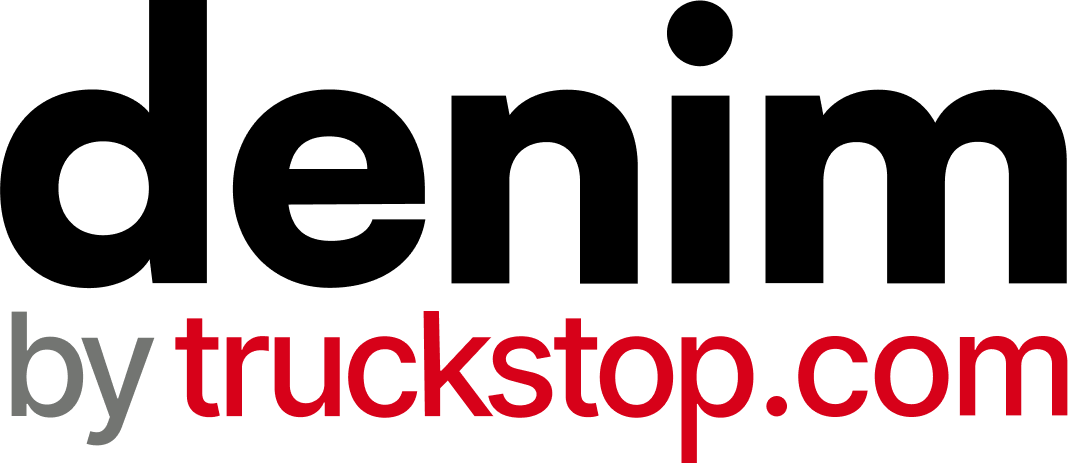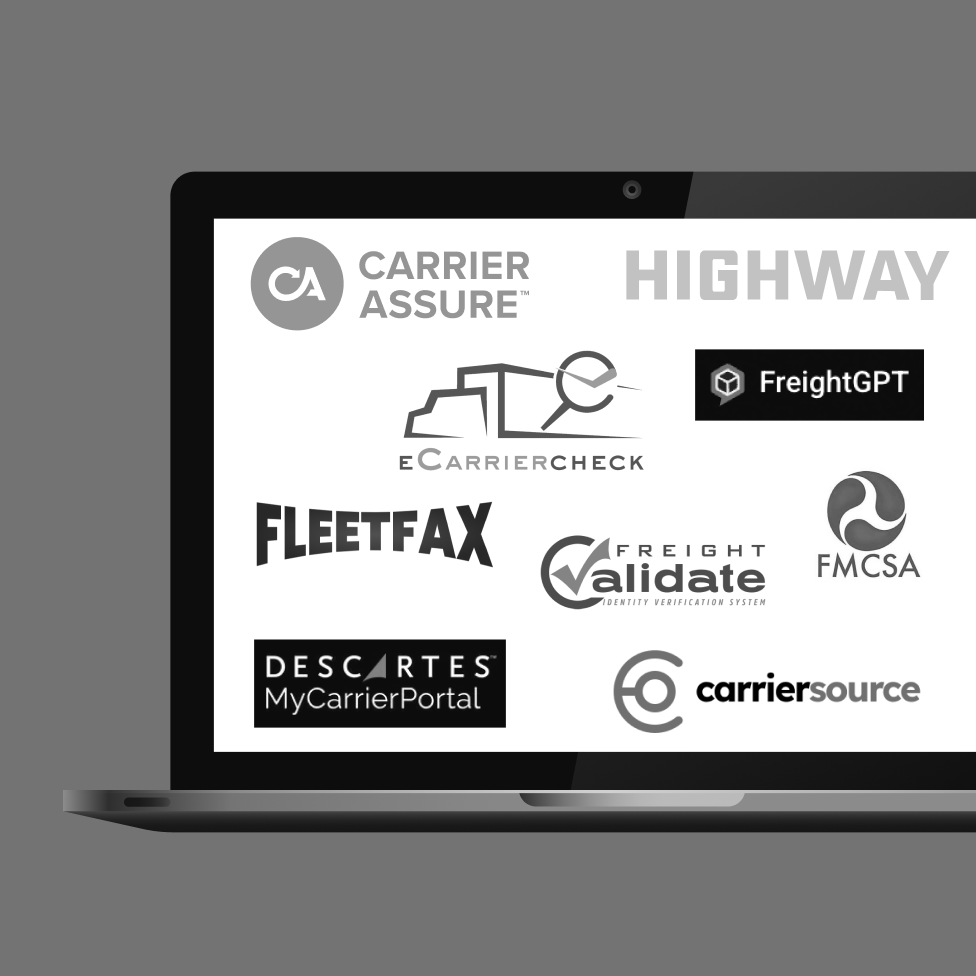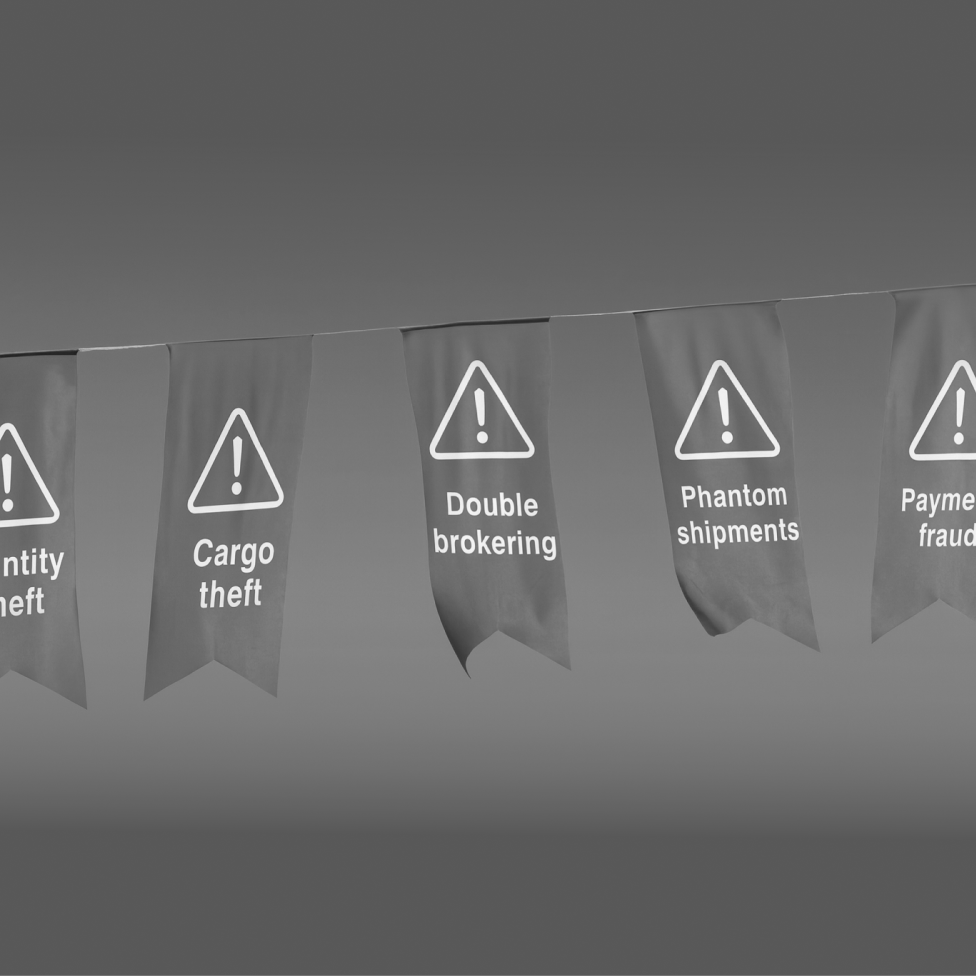Welcome to 2023! As we begin the new year, it's important for freight brokerages to stay ahead of the latest industry trends. Here are 8 predictions that freight brokerages should keep an eye on in the coming year. From the increasing adoption of technology to the evolving regulatory landscape, these trends will shape the way freight brokerages operate and compete in the market. Freight brokers that are looking to improve, become smarter, and embrace these trends will not only survive but thrive in the competitive and constantly evolving market of 2023.
Prediction: Look towards diversifications, consolidations, and advancement in middle mile visibility & technology.
.jpeg)
In recent years, shippers all over have been turning to regional final mile carriers to increase efficiencies in their supply chain. Now, many of those same brands will look to do the same with their middle mile. Diversifications, consolidations, and advancement in middle mile visibility & technology will play a big role in 2023.
This could involve shippers partnering with a wider range of regional carriers to increase efficiency and flexibility in their supply chain, or larger carriers expanding their middle mile operations to serve a greater number of shippers. Consolidation, on the other hand, could involve smaller carriers joining forces with larger ones to gain access to new markets or expand their capabilities. Additionally, as stakeholders demand greater transparency and real-time tracking throughout the supply chain, companies will need to invest in technology solutions that can provide this level of visibility.
Founder & Chief Executive Officer at Roadly Logistics
Prediction: Connected platforms and ecosystems in supply chain logistics will begin to gain mind-share in 2023 - affecting everything from network design and management, to payments.

With the announcements of AWS Supply Chain, and Microsoft Supply Chain Platform, and similar initiatives underway at Google Cloud Platform and Oracle, more people and organizations in supply chain logistics will begin to see the potential for connected platforms in logistics to create immense value for beneficial cargo owners. It will take time for such platforms to reach full maturity, but in a world that is becoming more volatile, uncertain, complex, and ambiguous, beneficial cargo owners need to participate more directly in managing their freight and logistics supply chains from end-to-end - that will serve as an accelerant for the development of such platforms AND it will be a boon for logistics technology startups with mature products that solve specific problems that the big tech behemoths can't solve.
Founder & Managing General Partner, REFASHIOND Ventures
Prediction: The truckload market will remain stressed through the first half of 2023, but it's still a great time to be a broker.
The benefit of brokerage is that it's always an optimal market for growth. When supply is tight, brokers have the ability to drive volume to good, reliable carrier partners. In a market flush with excess capacity, brokers fill the need of pairing high volume shippers with the right carriers. The pricing strategies change, but the value remains balanced between strong carrier and customer relationships.
Additionally, now is the perfect time to diversify your mode mix. We're seeing LTL carrier rates beginning to fall and the focus shifting to volume. Brokers offering both TL and LTL options can minimize revenue impacts during a down market.
Vice President Sales at Quote Factory
Prediction: Higher expectations for visibility.

From the driver to the customer, supply chain stakeholders have higher than ever standards for what they expect in terms of visibility. In 2023 this standard will only increase. The market wants insight into supply chain movements and technology partners will have to rise to the occasion. This includes real-time tracking of shipments, updates on delivery status, and access to information about the location and condition of goods.
To meet these higher expectations, freight and logistics companies will need to leverage technology to provide stakeholders with the visibility they demand. This may involve implementing tracking systems, investing in advanced software solutions, or partnering with technology providers who can offer the necessary visibility tools.
Vice President of Strategic Alliances, Turvo
Prediction: Freight brokerages will focus on operations to mitigate supply chain volatility.

To better manage supply chain volatility, companies must prioritize lead time management, cycle time reduction, and visibility and collaboration in 2023. Lead time — the amount of time a broker gets before the ship date of a load — is critical. The more lead time a broker secures on a shipment, the better the rate and service for the customer.
Having a transparent, efficient process for load cycles and over-communicating will allow companies to handle volatility more effectively. For example, a broker should explain a rate change for a same-day shipment in a market with limited capacity. GPS tracking also encourages visibility and more efficient collaboration, eliminating the back-and-forth between shippers and broker agents trying to determine a truck’s location for pick up or delivery.
Senior Sales Manager at Denim
Prediction: Growing interest in cybersecurity.

With industries focusing on digital transformation initiatives — particularly in the logistics sector — companies are increasingly susceptible to security and data risks. These aren’t sophisticated attacks, either. Bad actors are casting wider nets to capture sensitive information from many freight companies because they know they don’t have continuous security monitoring or employee cybersecurity training. In 2023, cybersecurity will come to the forefront of the freight-tech conversation. We will see large and even small freight brokers only partner with technology companies with cybersecurity protocols in place.
Head of Product at Denim
Prediction: The rise of SmartBrokers empowered by broker tech stacks including financial enablement platforms, will put pressure on the entire industry to evolve.
.jpeg)
SmartBrokers often have a strong online presence, with user-friendly and intuitive websites or platforms that allow shippers to easily book and track shipments. They may also make use of data analytics tools to optimize routes and negotiate the best rates with carriers, and might even utilize artificial intelligence to automate certain aspects of the booking and dispatch process. In addition to these technological capabilities, SmartBrokers prioritize effective communication with both their clients and carriers, ensuring that all parties have timely and accurate information throughout the shipping process.
Overall, the goal of a SmartBroker is to provide a seamless and efficient freight brokerage experience that exceeds the expectations of both their clients and carriers.
Head of Marketing at Denim
Prediction: Mergers and acquisition activity will increase in the freight space.

“I expect we’ll see a significant influx of M&A activity next year, largely due to valuations being significantly down overall. It's an ideal time to buy companies at a lower price. The vast majority of the market is bleeding through its last round and will have a tough time raising its next one. In 6-12 months, we’ll see many flat and down rounds, forcing conditions to worsen before improving. Companies with sufficient cash flow or profitability will be well positioned to buy companies at a great price and supercharge their growth.
CEO at Denim
Freight and Logistics in 2023
2023 is shaping up to be a year of significant change and innovation in the freight and logistics industry. From the increasing adoption of technology to the evolving regulatory landscape, it's clear that the status quo is no longer sufficient for companies looking to succeed in this competitive and dynamic market.
The key takeaway for freight and logistics companies in 2023 is the importance of shifting conventional mindsets and developing solid supply chain and logistics strategies that align with the current landscape. This may involve embracing new technologies, partnering with innovative service providers, and continuously adapting to the changing needs and expectations of stakeholders.
Staying up-to-date on the latest trends and being willing to take calculated risks and make necessary changes is paramount for freight and logistics companies to position themselves for success in the year ahead. It is crucial for companies to stay agile and proactive in order to thrive in this exciting and rapidly-changing market.

Denim’s automated solutions streamline your back-office operations. Explore our solutions to see how Denim can help your business scale efficiently.
There's a better way







